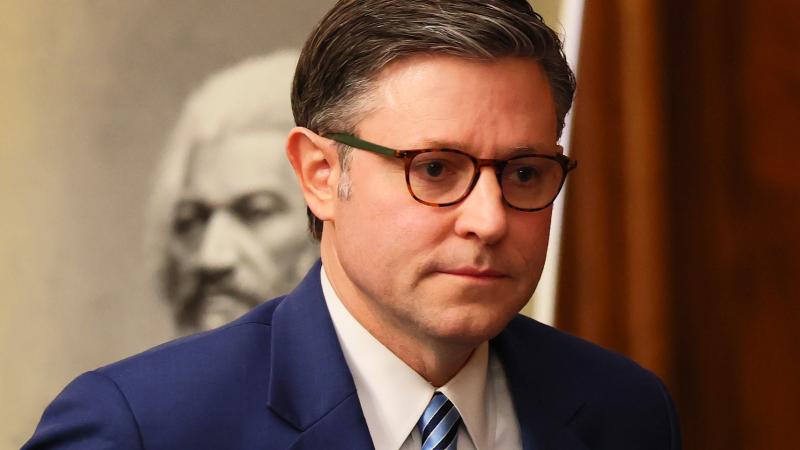Sixty years after MLK’s March on Washington, Black poverty rises from historic low under Trump
According to Census data, the African American poverty rate has gone up since 2019 and remained high during Biden's presidency.
At the time that A. Phillip Randolph, Rev. Martin Luther King, and others organized the now-celebrated March on Washington for Jobs and Freedom, the U.S. Census Bureau estimated that under the Kennedy administration, more than 45% of "nonwhites" were living under the "poverty line." The lowest-ever recorded percentage (and without the anachronistic nomenclature) of Black families living under the threat of hunger, crime and disease shrank to 16.13% in 2019 under the Trump administration.
In 2020, the year that the COVID-19 pandemic hit, the poverty rate among African Americans crept up to 19.5% as the lockdown shut down untold thousands of businesses across the American ethnic spectrum. Researchers at the University of Chicago Booth School of Business have said the lockdown cost "more than the drop during and after the Great Recession. In addition, 44 percent of the population experienced a decline in earnings and 54 percent experienced a decrease in savings."
Although the U.S. Census Bureau has not released official poverty data for 2022, in 2021, Biden's first year in office, the African American poverty rate remained stagnant at 19.5%. Today, on the 50th anniversary of that historic gathering in Washington, that rate under the Biden administration may yet climb higher.
If economic trends persist, the historic low recorded under the Trump administration may stay in the rear-view mirror. "The nation," USAToday notes, "has endured a two-year inflation spike that has eased somewhat but remains historically high. Just 33% of adults say they approve of his handling of the economy, according to a poll last month from The Associated Press-NORC Center for Public Affairs Research."
During an event marking 60 years since Dr. Martin Luther King delivered his historic "I Have a Dream" speech, Maryland Gov. Wes Moore (D), the first Black governor of that state, said that too many people are working multiple jobs and still living below the poverty line.
In an interview on ABC News last November, Moore said "It means being able to make sure that people are being paid a fair wage for the work that they are doing and ending this idea that we should have people who are working jobs, in some cases multiple jobs, and still living at or below the poverty line."
Moore has been campaigning heavily for a state "Fair Wage Act", tweeting in March that "We’ve got to incentivize work and make sure people are getting paid fairly."
Rev. Al Sharpton, head of the National Action Network, said part of King's speech about unfulfilled process is often overlooked today.
"We leave that out because to talk about that part of the speech, the bounced check, to the unfulfilled promises, is to then have to deal with policy, rather than poetry. We like the poetry, we have a dream, that's good poetry. But what about the bounced check?" he said at the discussion before the 60th anniversary event taking place in Washington, D.C. "What about the equality? What about the fairness? What about being able to have the same equal footing that challenges to do something?"
Biden is reportedly losing support among Black voters. According to YouGov/Economist polling data, Biden’s "favorability ratings among Black voters have shifted from 84% right after he took office in 2021 to 74% at the end of March 2023." Startup news website The Messenger added this week that "Biden’s 2020 margin among Black voters was smaller than for any other Democratic presidential nominee over the past two decades, and the latest data suggests that support has eroded since the election."
Reuters reported that "one in five Black people under the age of 50 voted Republican in the 2022 midterms, roughly double the number of their elders," according to an exit polling analysis conducted by HIT Strategies.
There was a 10 point decrease in Black voter turnout in the 2022 midterm election compared to the 2018 election, which has Democrats concerned heading into the 2024 election cycle.
According to the results of a Reuters/Ipsos poll conducted from July 11 to 17, 18% of Black Americans would vote for Trump over Biden in a hypothetical general election race.















